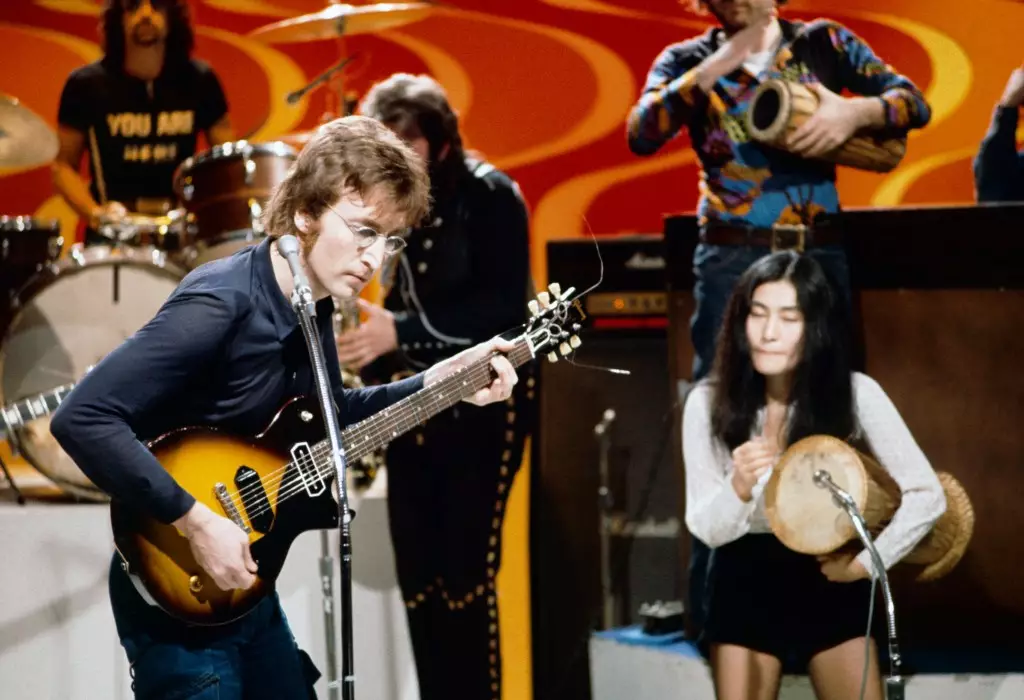The film industry has recently experienced a fascinating surge in the indie film sector, where a plethora of well-received and buzzworthy titles are captivating audiences in theaters across the nation. This new trend marks a shift in how independent films are distributed; many are enjoying wide releases rather than the traditional, limited openings typically reserved for such art-house productions. As the cinematic landscape evolves, it’s essential to analyze these shifts and their implications for filmmakers, audiences, and the industry’s future.
Gone are the days when independent films would struggle to secure a single screening in a small theater, relegated to the fringes of the cinematic experience. Current box office figures indicate that titles such as *Terrifier 3*, *Piece by Piece*, and even the animated film *My Hero Academia: You’re Next* are enjoying widespread availability. This paradigm shift suggests a newfound acceptance of independent filmmaking within mainstream platforms, compelling audiences to engage with diverse narratives and styles previously too niche for broader appeal.
This democratization of the film experience is crucial; it provides underrepresented voices a chance to tell their stories on larger platforms. The notable releases have garnered attention not just for their entertainment value but for their ability to provoke thought and discussion on various pressing social issues. The blending of artistic integrity with accessible distribution channels presents a potent combination that may well change the landscape of film production for years to come.
Documentaries Spotlighting Societal Issues
Within this wave of indie films, several documentaries have emerged that tackle pressing societal themes. For instance, *Daytime Revolution*, directed by Erik Nelson, dives into a pivotal moment in television history with John Lennon and Yoko Ono’s revolutionary takeover of *The Mike Douglas Show*. This documentary intertwines archival footage, interviews, and behind-the-scenes insights to illustrate how the couple transformed the conventional daytime format into a platform for socio-political discourse. Its release coincides with a significant milestone—the anniversary of Lennon’s birth—adding a layer of nostalgia and relevance for audiences today.
Moreover, Matt Tyrnauer’s *Carville: Winning Is Everything, Stupid* offers a compelling exploration of James Carville, a key strategist of the Democratic Party. By showcasing Carville’s journey from the swamps of Louisiana to national prominence amidst the 2024 presidential race, this documentary reflects the intricate dynamics of American politics. The inclusion of prominent political figures provides viewers with diverse perspectives on electoral strategies and campaign dynamics that have shaped the country.
Intimate Narratives and Personal Stories
In contrast to larger political narratives, films like *Mediha*, directed by Hasan Oswald, engage audiences on a profoundly personal level. Following the harrowing journey of a Yazidi girl kidnapped by ISIS, *Mediha* offers a raw, intimate portrayal of survival and resilience. The film embodies the power of cinema in transforming trauma into a narrative of hope and recovery. By giving a voice to the voiceless, documentaries like this serve as crucial tools in fostering empathy and understanding across cultural divides.
Similarly, *Brothers*, starring Josh Brolin and Peter Dinklage, delves into the complexities of familial relationships against the backdrop of crime and redemption. This poignant narrative invites audiences to ponder deeper themes such as identity and the struggle for normalcy in the face of adversity. By engaging viewers through relatable character struggles, *Brothers* marks how independent cinema can reflect and resonate with personal experiences.
Another noteworthy aspect of the current indie film scene is its embracing of genre diversity. Animated films like *My Hero Academia: You’re Next* showcase the blend of traditional storytelling with modern animation techniques. As anime continues to gain traction worldwide, its inclusion in mainstream theaters signifies a broader acceptance of international influences and diverse genres in American cinema. Coupled with faith-based films such as *Six Days in August*, the current landscape reflects a willingness to explore varied narratives extending beyond conventional Hollywood storytelling.
Looking Forward: The Future of Indie Film
As audiences become more accustomed to a diverse range of films in theaters, the future of indie cinema looks promising. With a myriad of stories spanning genres, styles, and themes, the current landscape may well redefine not only what constitutes mainstream cinema but also how we engage with stories as consumers.
The flourishing of indie films amidst widespread releases encourages new voices to speak and stories that might have been overlooked to be brought into the spotlight. This presents a transformational opportunity for filmmakers and audiences alike—a chance to create a richer, more inclusive cinematic tapestry that responds to the evolving cultural climate of our times.
The indie film renaissance is not just a mere trend; it’s a pivotal movement reshaping the film industry. As more stories are shared and diverse voices are amplified, the landscape of cinema will invariably continue to evolve, carving out richer narratives and broader perspectives for generations to come.

